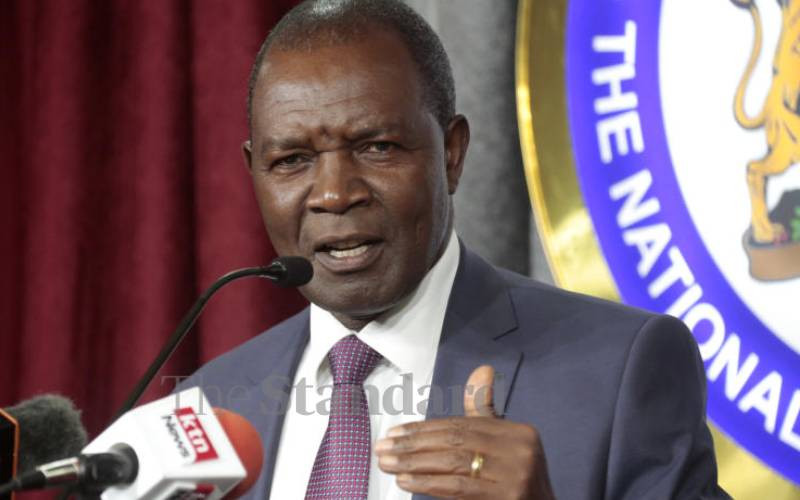
It was Jean Baptiste Colbert, the respected economic reformer who ended up as King Louis XIV's First Minister of State (like a Prime or Chief Minister) in 17th Century France, who offered that "the art of taxation consists in so plucking the goose as to obtain the largest possible amount of feathers with the smallest possible amount of hissing."
Many will recall his timeless quote, but this is to understate the role history records that he played in ordering, first, the workings of government, then, the workings of the economy in an era in which Europe was all war; no peace.